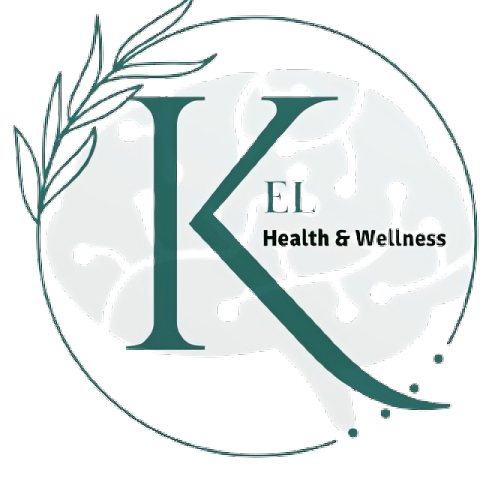Connect For Free Consultation
Neurodevelopmental Disorders
Neurodevelopmental Disorders are a group of conditions caused by abnormal development of the brain or nervous system. These disorders affect a person's ability to learn, communicate, and interact with others. They can have a range of symptoms, such as difficulties with language, social skills, motor coordination, and attention. Neurodevelopmental Disorders can be present at birth or may develop later in life. They can have a significant impact on daily life and may require long-term support and treatment.
Neurodevelopmental disorders are conditions affecting brain function, manifesting as challenges in behavior, cognition, communication, social interaction, and motor skills. They typically emerge in childhood and include disorders like autism, ADHD, intellectual disability, and specific learning disorders. Early identification and intervention are key for better outcomes.
Neurodevelopmental disorders can stem from various factors, including:
– Genetic predispositions or mutations influencing brain development.
– Prenatal influences like maternal infections, substance use, or nutritional deficiencies.
– Birth complications leading to brain injury.
– Environmental factors such as toxins or pollutants.
– Neurological differences in brain structure or function.
– Early childhood experiences impacting brain development.
These factors can interact complexly, contributing to the onset and severity of neurodevelopmental disorders.
Symptoms of neurodevelopmental disorders can vary widely depending on the specific condition, but they often include:
– Challenges in social interaction and communication skills.
– Repetitive behaviors or restricted interests.
– Difficulty with attention, focus, and impulse control.
– Learning difficulties or intellectual disabilities.
– Delayed or atypical language development.
– Motor coordination problems.
– Sensory sensitivities or unusual responses to sensory input.
– Executive function deficits, affecting organization, planning, and problem-solving.
These symptoms typically manifest in early childhood and can persist into adulthood, impacting various aspects of daily functioning and quality of life.
Kel Health employs a comprehensive approach to diagnosing neurodevelopmental disorders, which typically involves the following steps:
1. **Initial Assessment**: Conducting thorough interviews with the individual and their caregivers to gather information about developmental history, symptoms, and challenges.
2. **Behavioral Observation**: Observing the individual’s behavior and interactions to identify any patterns or signs indicative of neurodevelopmental concerns.
3. **Standardized Testing**: Administering standardized assessments and screenings to evaluate cognitive functioning, language skills, social communication, attention, and other relevant domains.
4. **Collaboration**: Consulting with other healthcare professionals, such as psychologists, pediatricians, and educators, to gather additional insights and perspectives on the individual’s functioning.
5. **Medical Evaluation**: Conducting a medical evaluation to rule out any underlying medical conditions or genetic factors that may be contributing to the symptoms.
6. **Diagnostic Criteria**: Assessing the individual’s symptoms against established diagnostic criteria for specific neurodevelopmental disorders, such as those outlined in the DSM-5 (Diagnostic and Statistical Manual of Mental Disorders, Fifth Edition).
7. **Multidisciplinary Approach**: In some cases, involving a multidisciplinary team of professionals, including psychologists, psychiatrists, speech therapists, occupational therapists, and special educators, to ensure a comprehensive understanding of the individual’s needs and develop an appropriate treatment plan.
By employing a combination of clinical assessment tools, collaboration with other professionals, and adherence to diagnostic criteria, Kel Health strives to provide accurate and thorough diagnoses of neurodevelopmental disorders, allowing for tailored interventions and support.
